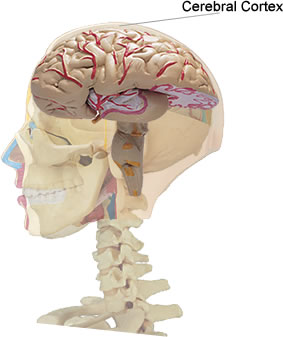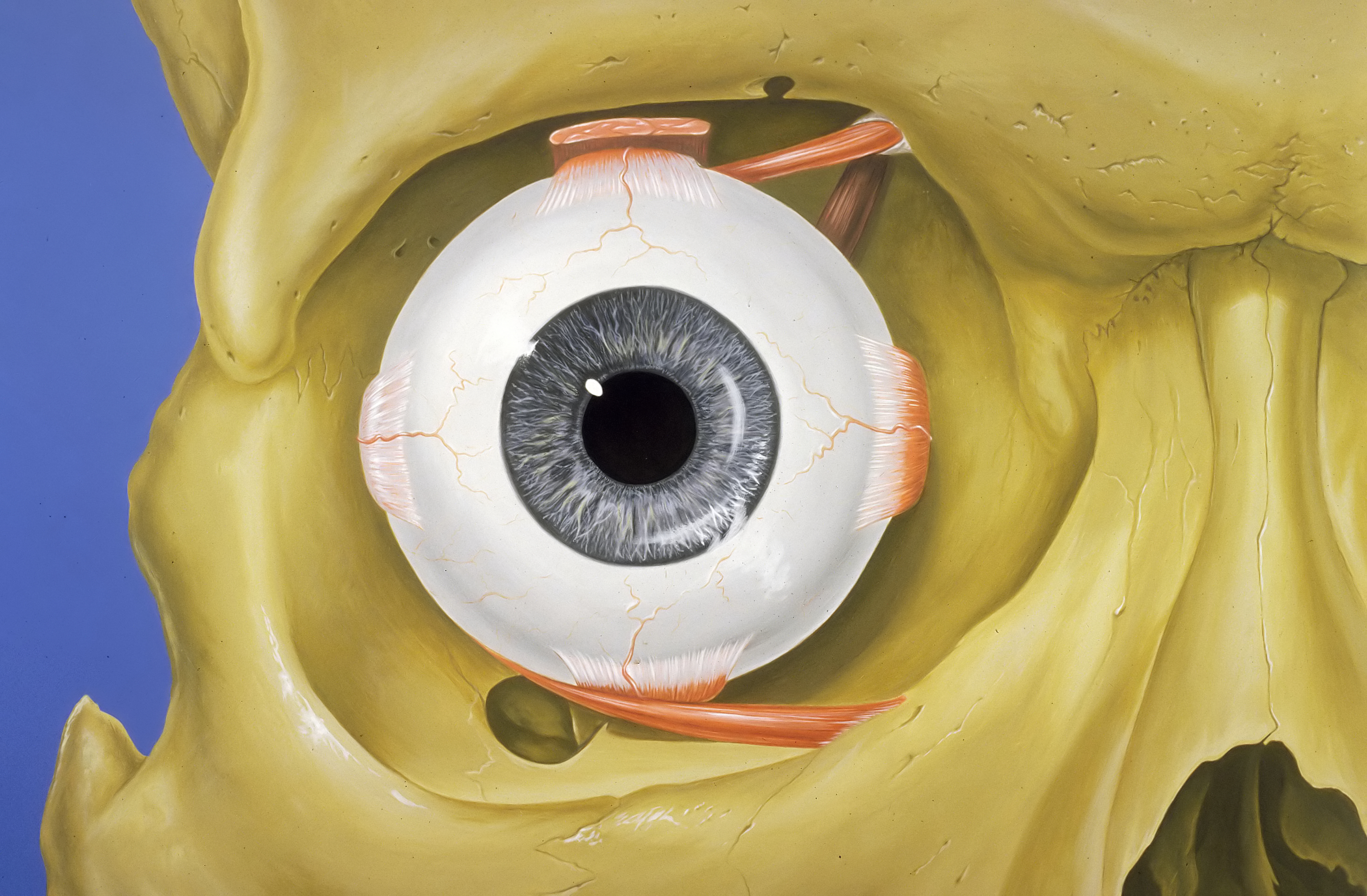Social science
This glossary contains the words people can use to describe psychology and social intervention and to be more inform on the subject.
- Behavior
- noun
- The way in which one acts or conducts oneself, especially toward others.
- Example: Podsakoff, P.M, MacKenzie, S.B., Moorman, R.H., and Fetter, R. (1990), 'Transformational leader BEHAVIORs and their effects on followers' trust in leader, satisfaction, and organizational citizenship BEHAVIORs', in Leadership Quarterly , 1, 107-142.
- fr: Comportement

- Cerebral
- noun
- 1a : of or relating to the brain or the intellect.
- fr: Cérébrale

- Character
- noun
- The mental and moral qualities distinctive to an individual.
- Example: All these CHARACTERistics create a strong, heroic and brave female CHARACTER that has been formed from a scared, vulnerable young girl.
- fr: Caractère
- Emotional
- noun
- relating to a person's emotions.
- Example: In humans, communal singing appears to be capable of tapping into our EMOTIONAL processes that facilitate the synchronising of participating individuals' EMOTIONAL states.
- fr: émotionnel

- Ethology
- noun
- The science of animal behavior.
- Example: In the Attachment and Loss trilogy (1969, 1973 & 1980), there is evidence to show that Bowlby has integrated ideas from such a wide range of fields as psychoanalysis, ETHOLOGY, experimental psychology and learning theory among other sources (Hinde et al., 1991).
- fr: Éthologie.

- Experimental
- noun
- Of a new invention or product) based on untested ideas or techniques and not yet established or finalized.
- Example: Farmers are likely to engage already in 'EXPERIMENTAL' activities, even if this may not be clear and visible to outsiders".
- fr: Expérimentale

- Introspection
- noun
- A reflective looking inward : an examination of one's own thoughts and feelings.
- Example: This was based on James' own INTROSPECTION (Green, 1999 p.121).
- fr: Introspection

- Intuition
- noun
- Form of immediate knowledge that does not resort to reasoning.
- Example: The mode of cognition used is determined by the task structure , the time available and the number of information cues, with cognition being viewed along a continuum from analysis to INTUITION (Muir, 2004); unstructured tasks are seen to require INTUITION while structured tasks require analysis (Thompson & Dowding, 2002).
- fr: Intuition

- Medicine
- noun
- The science or practice of the diagnosis, treatment, and prevention of disease (in technical use often taken to exclude surgery).
- Example: The position of the body and the artefacts found near him suggest he was a man of status, and in particular indicate that he was a MEDICINE-man.
- fr: mèdecine

- Mental processes
- noun
- Mental processes encompass all the things that the human mind can do naturally
- Example: Numerous studies have provided evidence that nonhuman primates, specifically the great apes, share many elements of our own MENTAL PROCESSES.
- fr: Processus mentaux

- Metaphysical
- noun
- Relating to metaphysics. "the essentially metaphysical question of the nature of the mind".
- Example: To clarify the METAPHYSICAL and epistemological status of these dimensions: God exists in the fifth and sixth dimensions and yet we know nothing of these domains, the universe exists in the first four and we only have knowledge of these dimensions.
- fr: Métaphysique

- Mind
- noun
- The element of a person that enables them to be aware of the world and their experiences, to think, and to feel; the faculty of consciousness and thought.
- Example: Marcel Mauss refers to this as an "obligation" as it completes a "total prestation" in his MIND.
- fr: Esprit

- Mindset
- noun
- The established set of attitudes held by someone.
- Example: Ethnocentrism suggests parent country staff and management policies are superior to those of the host country (management MINDSET).
- fr: Mentalité

- Neuropsychology
- noun
- The study of the relationship between behavior, emotion, and cognition on the one hand, and brain function on the other.
- fr: Neuropsychologie

- Personality study
- noun
- The study of personality focuses on two broad areas: One is understanding individual differences in particular personality characteristics, such as sociability or irritability.
- fr: Étude de personnalité
- Psyche
- noun
- Psyche, the human soul, spirit, or mind.
- Example: By Mythology has long been a popular topic for cinema dating back to some of the earliest silent movies such as Edison's "Cupid and PSYCHE".
- fr: Psyché

- Psychiatry
- noun
- The study and treatment of mental illness, emotional disturbance, and abnormal behavior.
- Example: British journal of PSYCHIATRY (182) p. 97-100 Joseph, R. (2000).
- fr: Psychiatrie

- Psychology
- noun
- The scientific study of the human mind and its functions, especially those affecting behavior in a given context.
- Example: Aware of this, the positivists take the view of the behaviourism school of thought, which is restrained to the observable behaviour, captured by the senses, thus discarding emotions, beliefs, values etc In response to this view, that rejects abstract and invisible factors affecting human behaviour, the phenomenologists separated PSYCHOLOGY into cognitive PSYCHOLOGY and social PSYCHOLOGY.
- fr: psychologie

- Subconscious
- noun
- Of or concerning the part of the mind of which one is not fully aware but which influences one's actions and feelings.
- Example: However, the revelations of the Mariner may just be dreams, SUBCONSCIOUS acts of rebellion against convention,
- fr: Subconscient

- Therapy
- noun
- Treatment intended to relieve or heal a disorder.
- Example: Occupational THERAPY and mental health.
- fr: therapie

